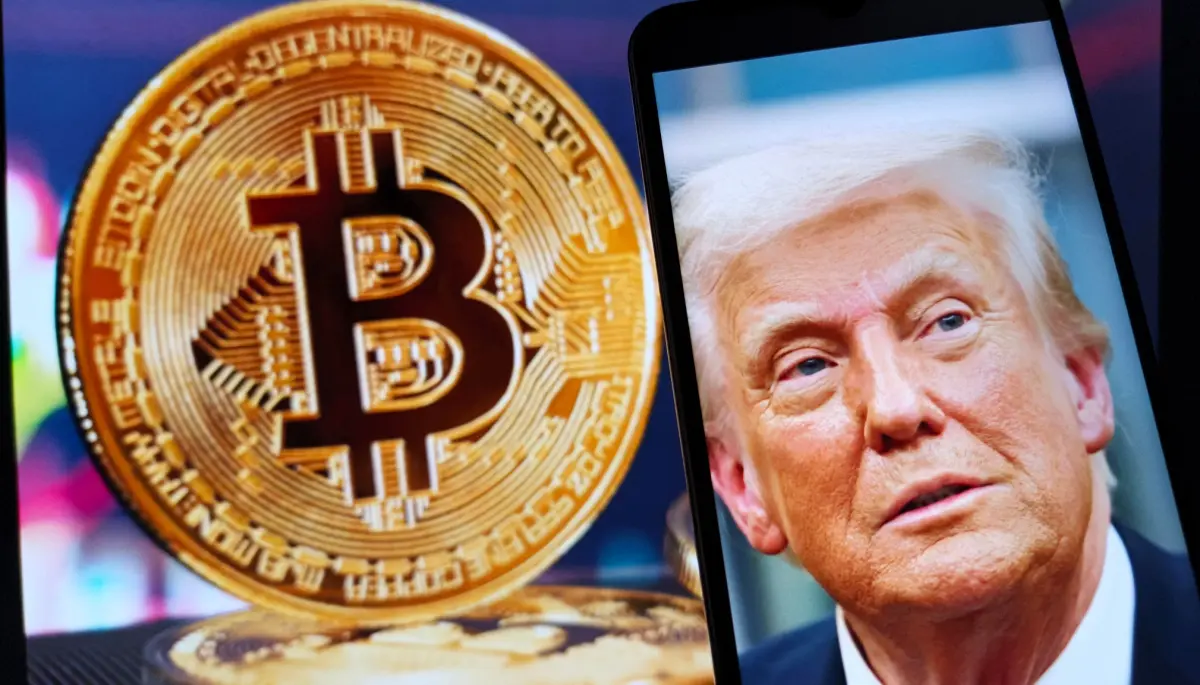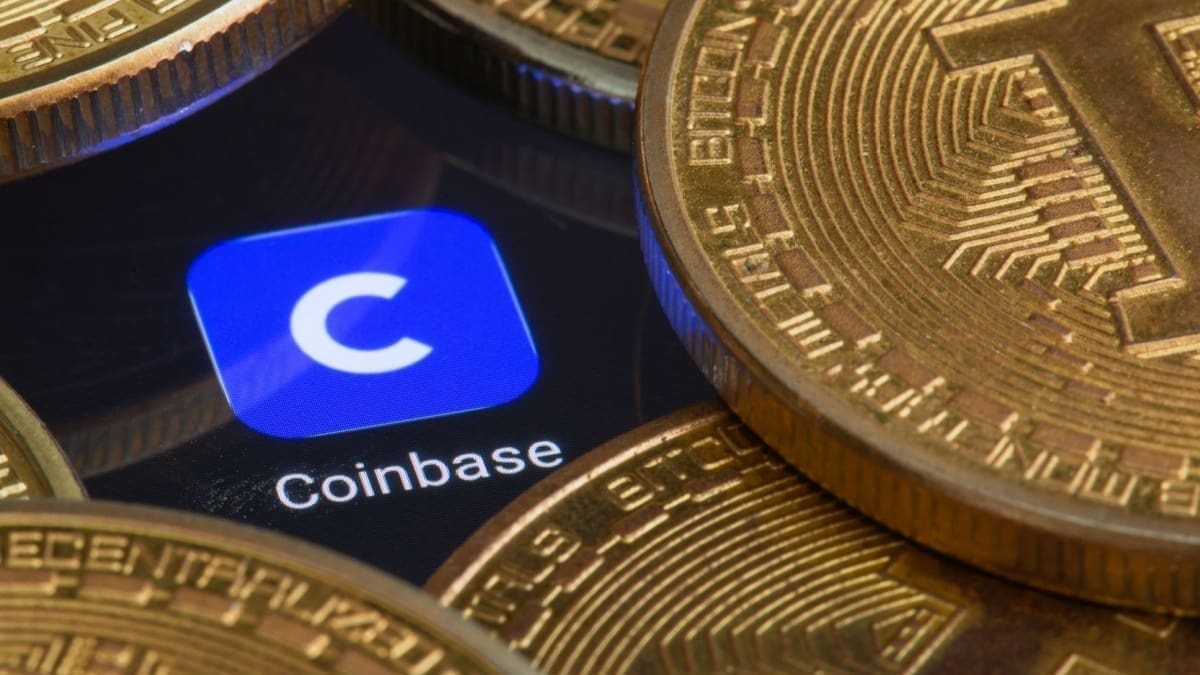Recent discussions surrounding the potential establishment of a strategic reserve for Bitcoin by the U.S. government have sparked significant interest in the cryptocurrency landscape. After initial excitement, however, the momentum appears to have slowed. The implications of this possible reserve could reverberate throughout both the American economy and the global cryptocurrency market.
Potential Impact on the U.S. Economy
Experts are weighing in on the significance of a U.S. Bitcoin reserve. Alex Thorn, a researcher at Galaxy Digital, highlighted the substantial chance that the American government may formally announce a strategic Bitcoin reserve within this year. He believes that the broader crypto market seems to underestimate this likelihood, which could alter the dynamics of U.S. financial policy.
Legislative Developments
In a notable move back in March, President Donald Trump signed a decree to establish not only the Bitcoin reserve but also a digital asset stockpile that includes other cryptocurrencies. However, progress on these initiatives has been limited so far.
This past Tuesday, U.S. legislators introduced a proposal calling for the Department of the Treasury to investigate the feasibility and technical aspects of the strategic reserve, suggesting that the topic is still very much alive in Washington.
Concerns about Timeliness
There is rising concern among Bitcoin advocates regarding the United States potentially lagging in cryptocurrency investments. Countries like Pakistan and Kyrgyzstan are already exploring their own strategies for acquiring Bitcoin. Additionally, Indonesia is currently examining how adopting cryptocurrency could stimulate economic growth.
These actions raise the stakes for the U.S. If other nations or corporations stockpile Bitcoin before the U.S. takes steps to do so, it could lead to higher costs for American entities. Subsequently, the strategic reserve might end up holding significantly less Bitcoin than anticipated.
Opinions on the Announcement Strategy
Contrasting views exist on whether and how such a reserve will be publicly disclosed. Dave Weisberger expressed skepticism on X, arguing that the government will first make strategic purchases before announcing the reserve. His anticipation suggests that a formal announcement might not occur until at least 2026.
As this situation unfolds, the ramifications of a U.S. strategic Bitcoin reserve extend far beyond national borders, impacting global financial markets and the future role of cryptocurrency in shaping economic policy. The community, therefore, remains watchful, acknowledging that timely actions may determine the United States’ standing in the rapidly evolving cryptocurrency world.



